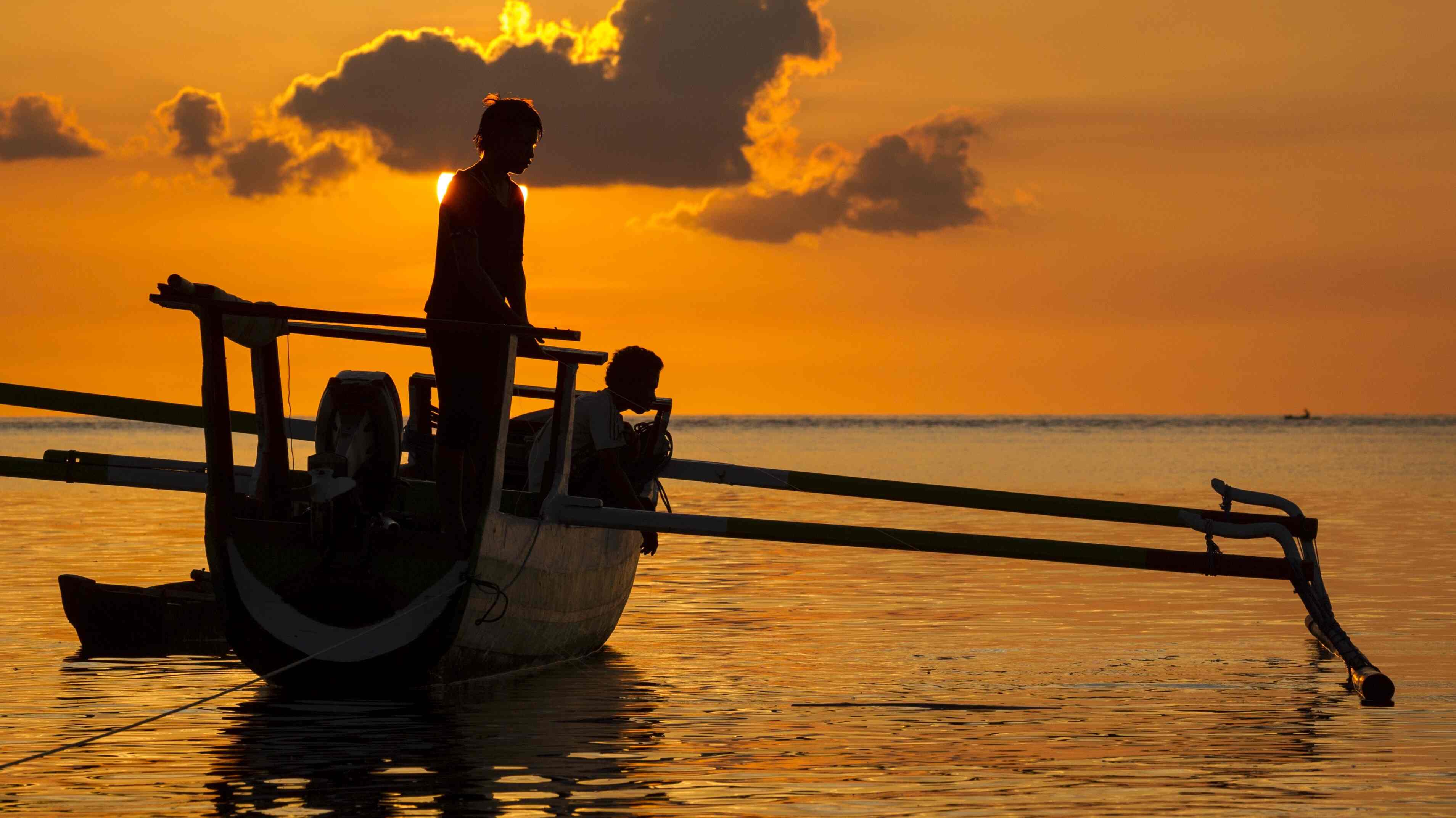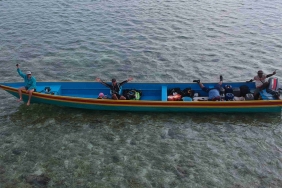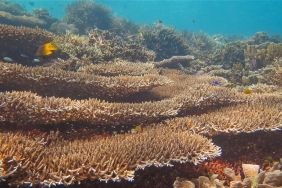LAKE TOBA SMALL-SCALE TILAPIA FARMERS LEARN BMP
By Eddy Hamka
Lake Toba as one of the water resources that has important and strategic value needs to be managed wisely in supporting the lives of the surrounding community in a sustainable manner. Tilapia (Oreochromisniloticus) farming activities with the Floating Net Cage (KJA) system have been carried out on the lake since the mid-1990s. To continue to maintain the quality of the Lake Toba ecosystem, the cultivation must be carried out in a responsible manner and pay attention to aspects of environmental carrying capacity.
WWF-Indonesia through its aquaculture program conducts training to the community and field extension officers (PPL) on Better Management Practices (BMP) of Tilapia Aquaculture and socialization of responsible aquaculture principles by referring to the standards of the Aquaculture Stewardship Council (ASC).
This activity took place at Wisata Bahari Hotel - Lake Toba, Simalungun Regency, North Sumatra for two days, April 23-24, 2014. Attended by about 13 participants including fisheries extension workers and Fish Seed Center (BBI) Ambarita. The BMP training and ASC standard socialization aimed to disseminate responsible and sustainable tilapia farming practices to Lake Toba aquaculture groups. "Besides providing technical assistance for aquaculture, fisheries extension officers also provide an understanding so that farmers in conducting their business still pay attention to the natural preservation of Lake Toba," said R.M. Napitu, Head of the Aquaculture Division of the Livestock and Fisheries Service Office of Simalungun Regency when opening the event. He also added, "Through this training, a common perception of responsible and sustainable tilapia farming is created, both among fellow fisheries extension workers and with WWF Indonesia," Napitu continued.
After the training, an assessment was conducted through pre and post test questions related to Tilapia Aquaculture BMPs. The results of the final assessment showed that the participants' level of knowledge and understanding amounted to an average of 85% towards responsible aquaculture practices.
The next day a simulation of tilapia farming practices in Lake Toba according to ASC standards was conducted. Participants were divided into three groups and given an audit manual checklist. Each group then presented the results of their discussion. The results of this discussion provide an initial picture of the level of compliance of tilapia farming in Lake Toba whether it is close to or even in accordance with ASC standards. At the end of the training, the participants were asked to develop a follow-up plan for the training in their work area as well as the expected form of cooperation from WWF Indonesia.





